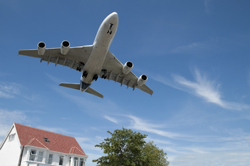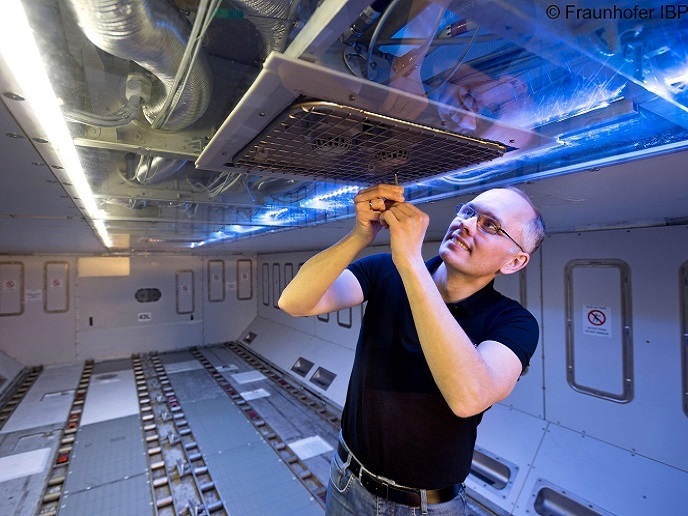Quiet aircraft devices
Regulation of noise pollution produced by aircraft or its components is becoming stricter. Noise-reduction methods after aircraft design or production are labour intensive and costly, often compromising on aerodynamic performance. Hence, it has become imperative to assess the noise performance of configuration architectures in the early stages of development.High-lift devices are a major source of airframe noise. The EU-funded project 'Acoustic design of high-lift architectures' (ADOCHA) developed a tool for determining the acoustic properties of high-lift configurations during the design process.Focus was laid on providing a fast and robust method for predicting aerofoil self-noise as industry requires short turnaround times, typically less than 12 hours. For this reason, scientists demonstrated the relevance of steady-state Reynolds-averaged Navier-Stokes (RANS) approaches to describe the turbulence flows. To shed further light on the source of broadband noise, steady-state RANS was used in conjunction with another turbulent model (stochastic noise generation and radiation).The developed tool relies on the boundary element method (BEM) that works by constructing a 'mesh' over the modelled surface. There was no need to discretise the volume of multi-component geometries in meshes. BEM involved noise propagation in the far field. It was used to compute the root mean square of acoustic pressure, spectral density and sound pressure levels at arbitrary observer locations.ADOCHA greatly contributed to the ambitious goal of the Advisory Council for Aviation Research and Innovation in Europe (ACARE) to reduce external noise by 10dB for future regional aircraft.







